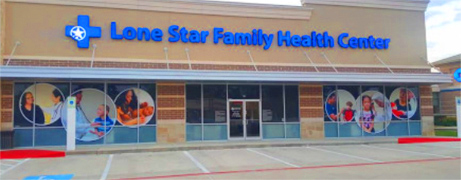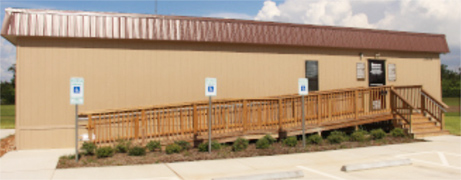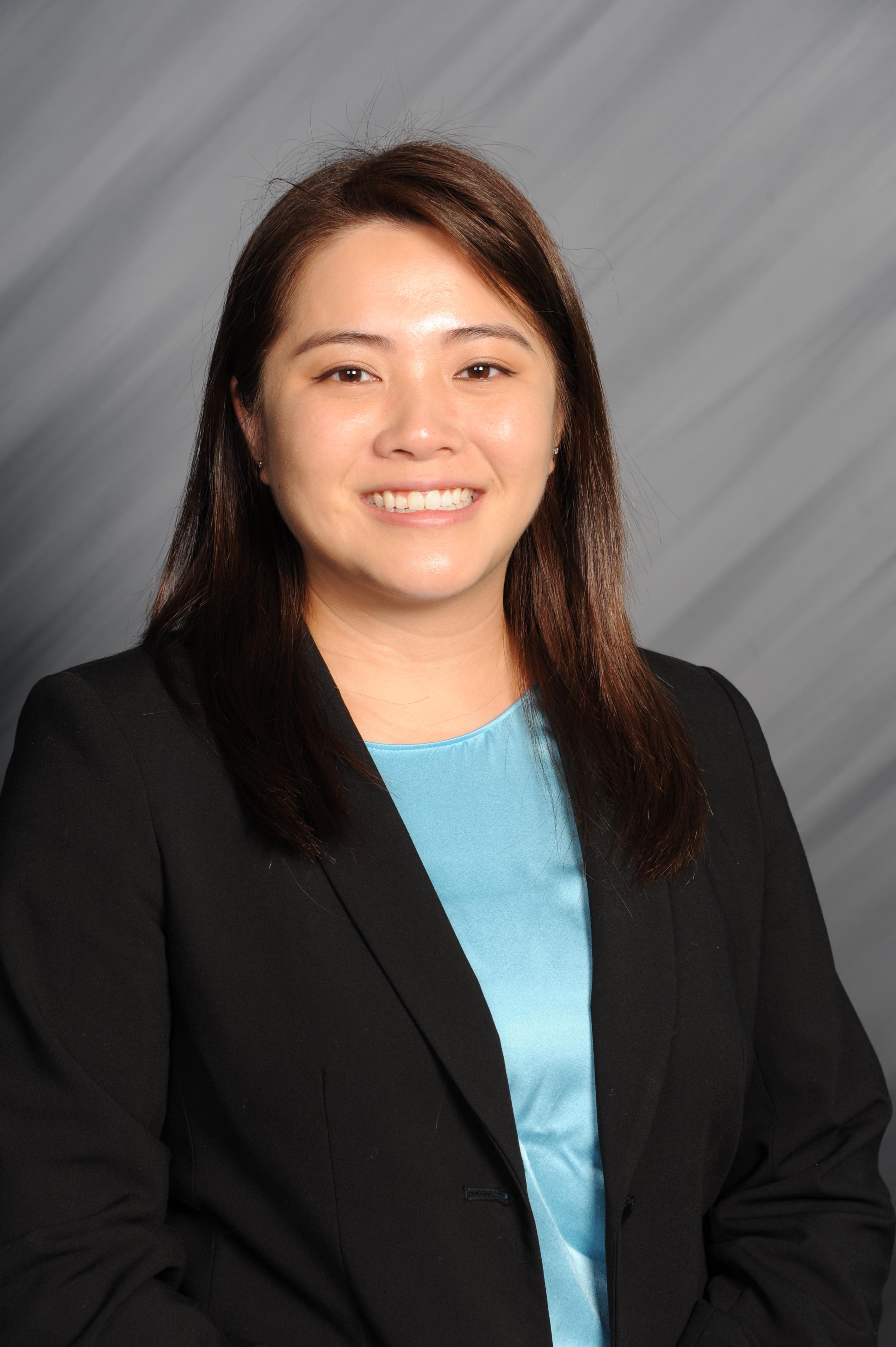To contact your healthcare provider after hours, or when the clinic is closed, please call 936.539.4004.
If you are experiencing a medical emergency, please call 911.
When life happens,
we can help.
Providing compassionate, affordable healthcare and preparing tomorrow's family medicine professionals.
Services
Lone Star Family Health Center is a full-service, state-of-the-art family health center, nonprofit 501(c)3. We use evidence-based clinical guidelines endorsed by national health agencies and professional organizations to deliver high-quality care.
Locations
Hours of Operation
Monday - Friday: 8am - 5pm
Lab open until 5pm
Pharmacy open until 5:30pm
After Hours Walk-in Clinic
(family medicine only)
Monday - Friday: 5pm - 9pm
Saturday: 9am - 1pm

Hours of Operation
Monday - Friday: 8am - 5pm
Closed 12pm - 1pm daily
Lab open until 5pm

Hours of Operation
Monday - Friday: 8am - 5pm
Closed 12pm - 1pm daily
Lab open until 5pm

Hours of Operation
Monday - Tuesday: 8am - 12pm, 1:30pm - 5pm
Wednesday: 8am - 12pm, 1 - 5pm (Behavioral Health Only)
Thursday: 8am - 12pm, 1:30pm - 5pm
Lab open until 5pm

Hours of Operation
Monday - Friday: 8am - 5pm
Closed 12pm - 1pm daily
Lab open until 5pm
Pharmacy open until 4pm

News

Understanding Headaches
Headaches are a common complaint affecting millions of individuals worldwide. There are various types of headaches, and an accurate diagnosis is important to ensure appropriate management.
Read More
April: Stress Awareness Month
April is Stress Awareness Month (thank goodness April Fool’s is only one day), and as obvious as it might seem, stress can have a significant impact on our daily lives and ultimately our health.
Read More





